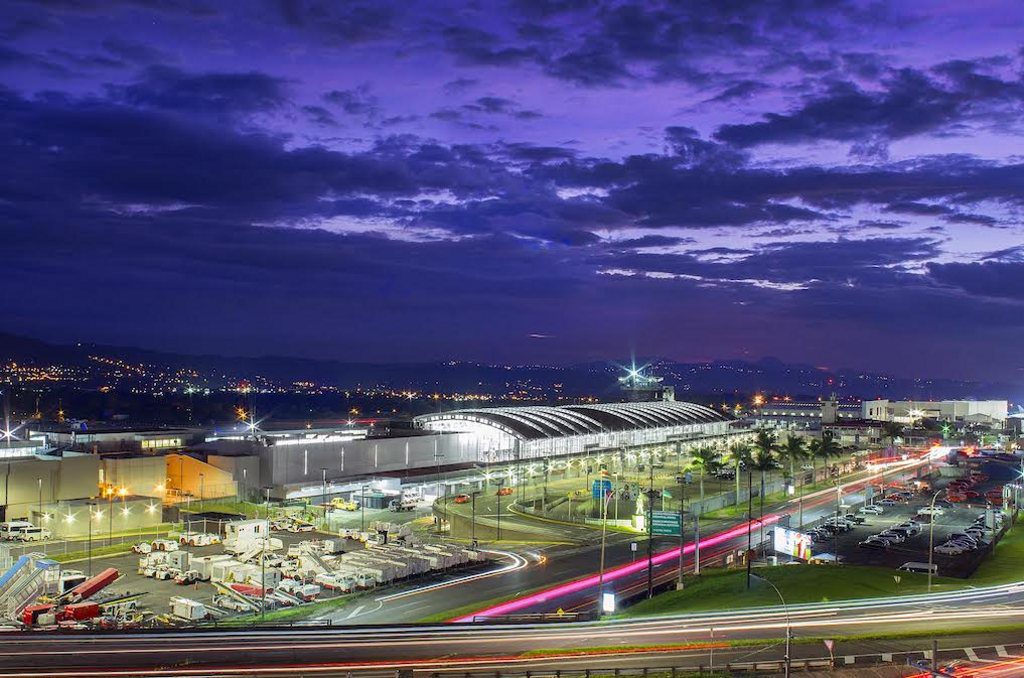As the fight against drug trafficking intensifies, what steps are states taking to control drugs and alcohol? Given that these substances are regulated differently, let’s delve into how various localities are handling them.
Zero tolerance for drugs in China
China’s zero-tolerance drug policy involves strict law enforcement and intensified scrutiny of travelers from countries like Canada or Thailand, where some drugs are legal. The policy attracted international attention when Jochen Sengpiehl, a Volkswagen executive, was detained after testing positive for cocaine upon returning from Thailand. He was subjected to a 10-day detention and then expelled from China.
This incident underscores the risks for expatriates who consume drugs in China, where penalties range from detention and fines to expulsion and, in severe cases, even the death penalty for possessing more than 50 grams of any drug. Simple possession is equated with drug trafficking, and penalties are applied regardless of whether the drugs were consumed within the country.
Moreover, the crackdown extends to bars and clubs in major cities, with an increase in police checks following numerous reports. Even allowing drug use at home can attract severe penalties. Likewise, China has banned all products containing cannabidiol (CBD), including those in food and cosmetics, treating them as narcotics with penalties of up to life imprisonment for their production or trafficking.
Alcohol is allowed
Although the possession and consumption of drugs carry severe penalties, alcohol is easily available for purchase. There are no restrictions on its consumption or possession. However, penalties still apply for alcohol-related offenses; individuals found intoxicated in public may face imprisonment for public disorder or indecency. Several expatriates have been imprisoned for such offenses. Moreover, the sale of alcohol to minors remains strictly prohibited.
In many countries, the possession and consumption of alcohol are legal, but the sale of alcohol to minors is prohibited. Travelers must comply with specific regulations when bringing alcohol into a foreign country; for example, Canada offers a mini-guide for travelers.
Unlike drugs, alcohol is not typically considered an illicit substance and is integral to many cultures: French wine and champagne, Japanese sake and beer, Korean soju and makgeolli, Caribbean rum, and Scottish whisky are deeply rooted in their respective traditions, often symbolizing celebration and social gatherings.
However, public disturbances linked to alcohol consumption, such as excessive drinking, driving under the influence, and aggressive behavior, are punishable offenses. Depending on the country, expatriates could face fines, imprisonment, and even deportation. Expatriates must remember their vulnerable status; even a misstep like a public disturbance can threaten their residency, such as the denial of their residence permit renewal.
Countries that prohibit or restrict alcohol consumption
Alcohol is viewed differently around the world, especially in countries with a Muslim majority, where its consumption is often heavily restricted or completely prohibited. In countries like Kuwait, Iran, the emirate of Sharjah in the United Arab Emirates, Afghanistan, Mauritania, and Saudi Arabia, alcohol is completely prohibited. However, there have been some recent changes; for example, Riyadh opened a supermarket that sells alcohol a few months ago, exclusively for foreign diplomats and under strict supervision. Although Saudi authorities have not commented on this development, analysts see it as a sign of cautious openness to attract influential foreigners and curb alcohol smuggling. Traditionally, diplomats in these regions have been allowed to import alcohol in limited quantities through a special service.
The approach to alcohol varies even within countries with significant Muslim populations. In Nigeria and Sudan, alcohol bans only apply to Muslims, allowing non-Muslims to consume alcohol freely. Pakistan presents a more complex scenario: despite an official ban on alcohol, local production has been tolerated for years, and the country even operates its own brewery, contributing significantly to its economy. Officially, only non-Muslim adults can buy and consume alcohol, but in practice, it is known that the Muslim elite are also significant consumers.
Alcohol ban: Relaxing restrictions in some Muslim countries
Several Muslim countries are gradually relaxing their alcohol regulations, particularly to attract foreign tourists. For example, in Dubai, non-Muslims over 21 years old can buy alcohol in licensed establishments and consume it in designated areas such as hotels, bars, and restaurants. Similarly, in Morocco, non-Muslims can buy and drink alcohol in authorized places. In a notable move, the Moroccan Ministry of Justice proposed legislation in 2022 to extend these privileges to Muslim citizens as well.
Despite these changes, it is important to note that in all Muslim countries, the penalties for violating Islamic laws on alcohol remain strict, potentially including severe punishments, including the death penalty.
Drug use: From zero tolerance to marginal exceptions
There is a consensus among countries for a strict policy against drug use, with organized international efforts to combat trafficking. However, not all countries view drug policy in the same way: some maintain strict anti-drug laws, while others have begun to tolerate the use of cannabis or differentiate between its therapeutic and recreational use. Expatriates must be well-informed about local drug laws before traveling to ensure compliance with the varying regulations.
Countries that legalize the use of cannabis
Several countries have begun to decriminalize cannabis. Among them are Canada, Thailand, Malta, and Luxembourg, and Germany will join the list. In these countries, expatriates can now legally purchase up to 25 grams of cannabis per day. Personal cultivation has also been decriminalized. Malta, Canada, and Luxembourg extend this tolerance to include the cultivation and recreational use of cannabis as well.
The Netherlands, long recognized for their liberal stance on “soft” drugs, formalized their policies in December 2023. Although many visitors previously believed that the purchase and use of drugs were completely legal, the new law now officially regulates these activities, albeit on an experimental basis, with personal cultivation still prohibited. However, Thailand reversed its stance just over a year after decriminalizing the recreational use of cannabis, limiting its use to medical purposes only.
Focus on Canada
Canada has decriminalized the use of cannabis within its borders, but it remains illegal to enter or leave the country with cannabis, including extracts contained in food products or cannabidiol-based items. The only exception is medicinal cannabis, which must be authorized by Health Canada. Exempt individuals must declare their cannabis possessions at the border through the Canada Border Services Agency to avoid legal consequences.
Transporting illegal drugs across the Canadian border is strictly prohibited. The Canadian government emphasizes that neither ignorance of the law nor being a foreigner are acceptable excuses for violations. Foreign citizens caught with illegal substances can face prison sentences ranging from 3 to 7 years, although the penalties may be less severe for a first offense.
Alcohol and drugs abroad: What expatriates should keep in mind
Expatriates should never assume that ignorance of the laws of a foreign country will protect them; not knowing the law is not a valid defense. Expatriates should exercise special caution in “sensitive” environments such as bars and nightclubs.
Transporting an open bottle of alcohol in public can lead to penalties. Even in places without explicit restrictions, it is prudent to observe and imitate local behaviors. In countries that prohibit or restrict the consumption of alcohol, it is crucial that expatriates consume alcohol only in legally permitted areas.
Additional caution is required with products containing cannabidiol (CBD), such as candies, teas, creams, and electronic cigarettes. These items are becoming increasingly popular but can be classified as drugs in many places. To avoid legal complications, it is best to avoid traveling with these products altogether.
– Advertisement –
Source link
TCRN STAFF



